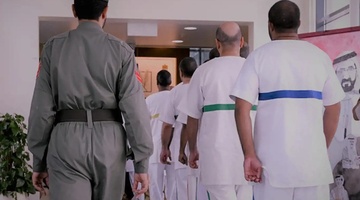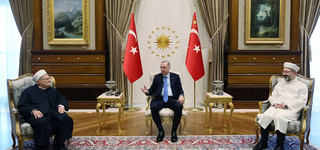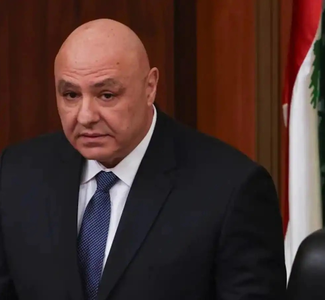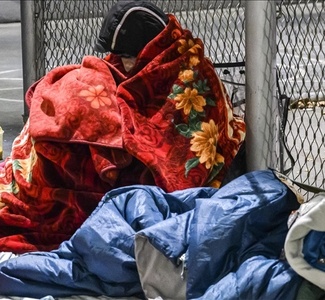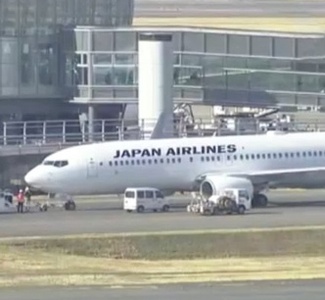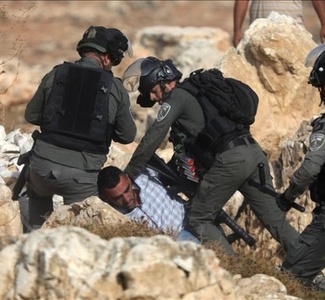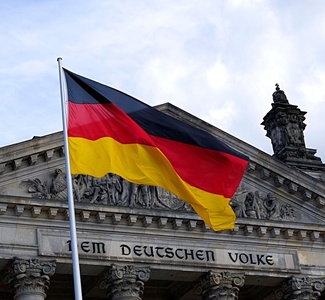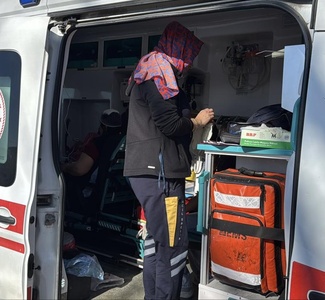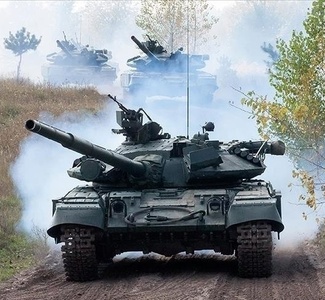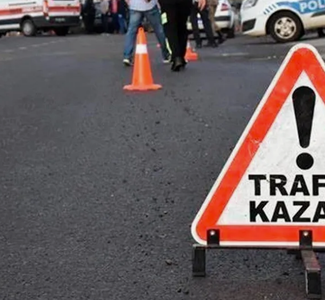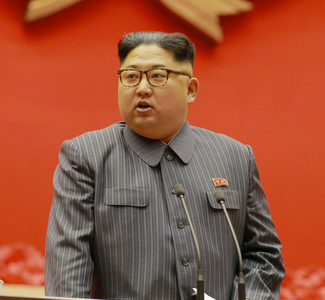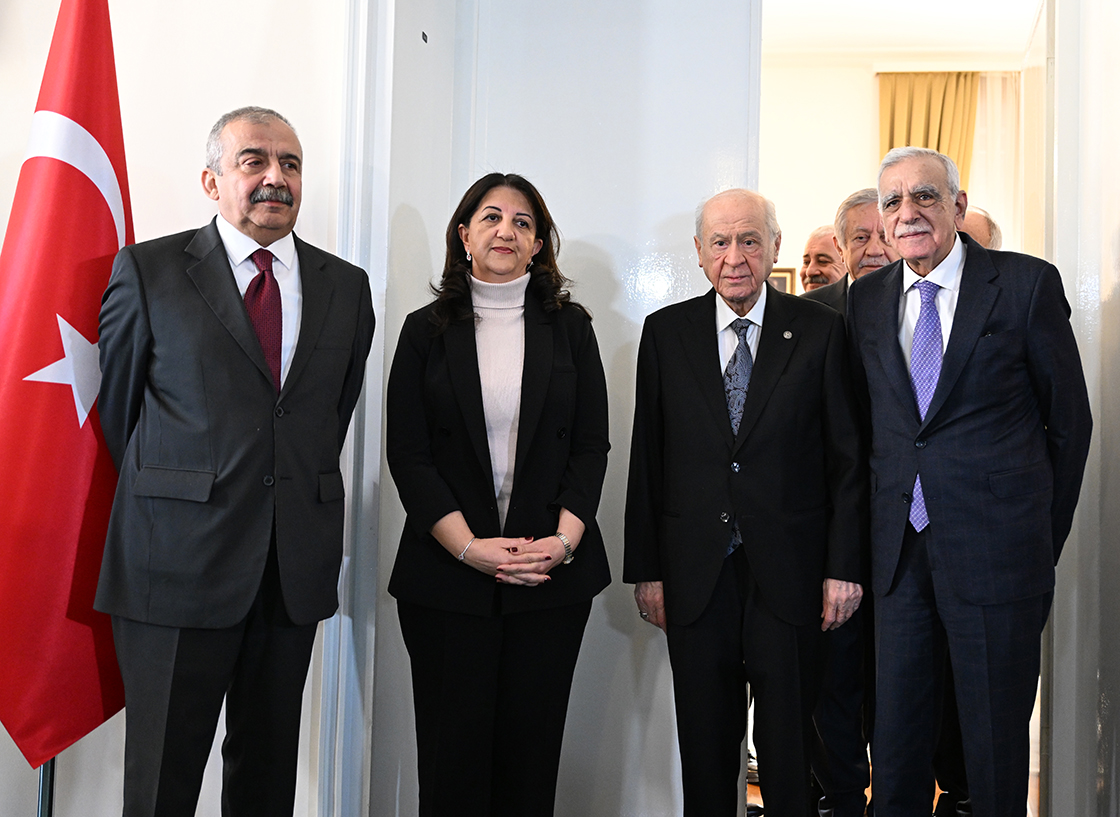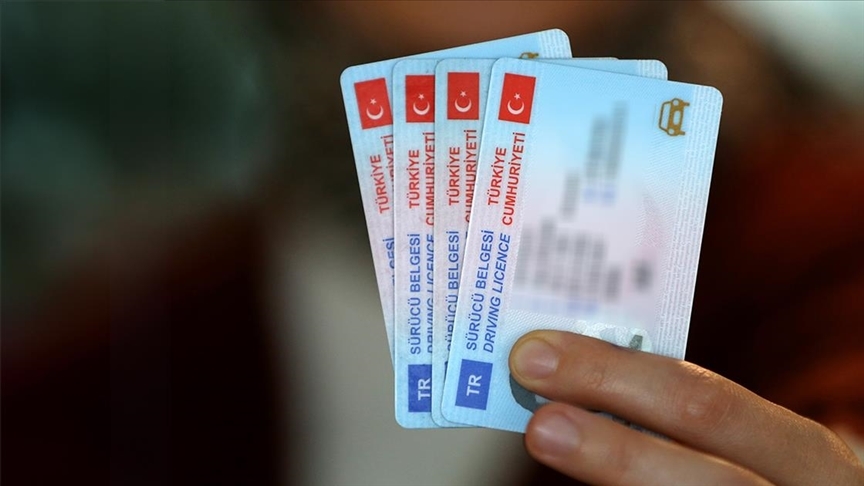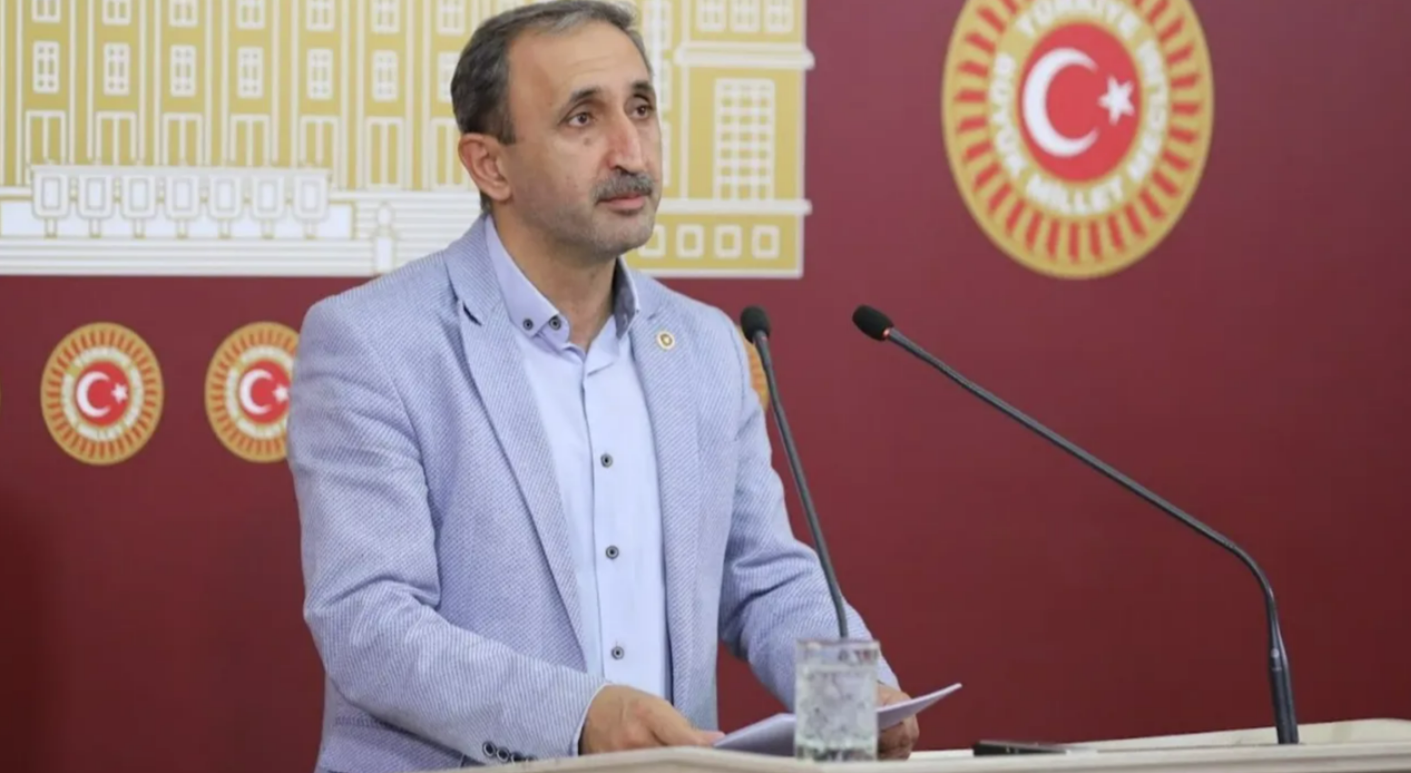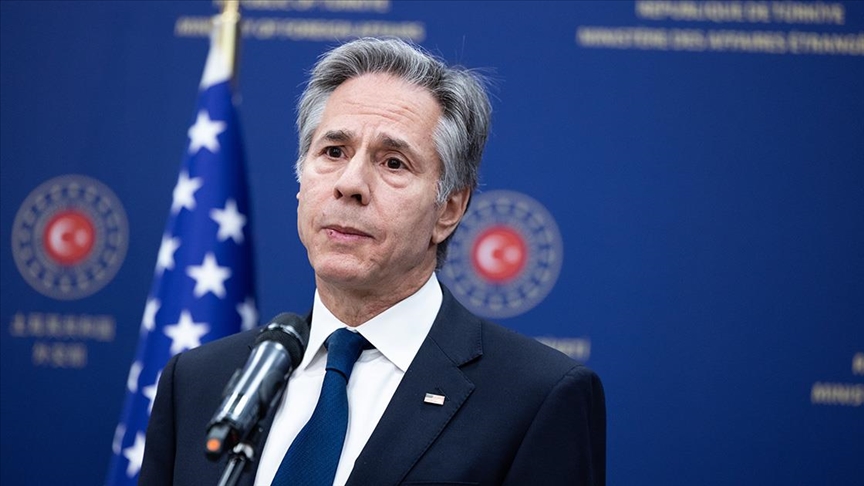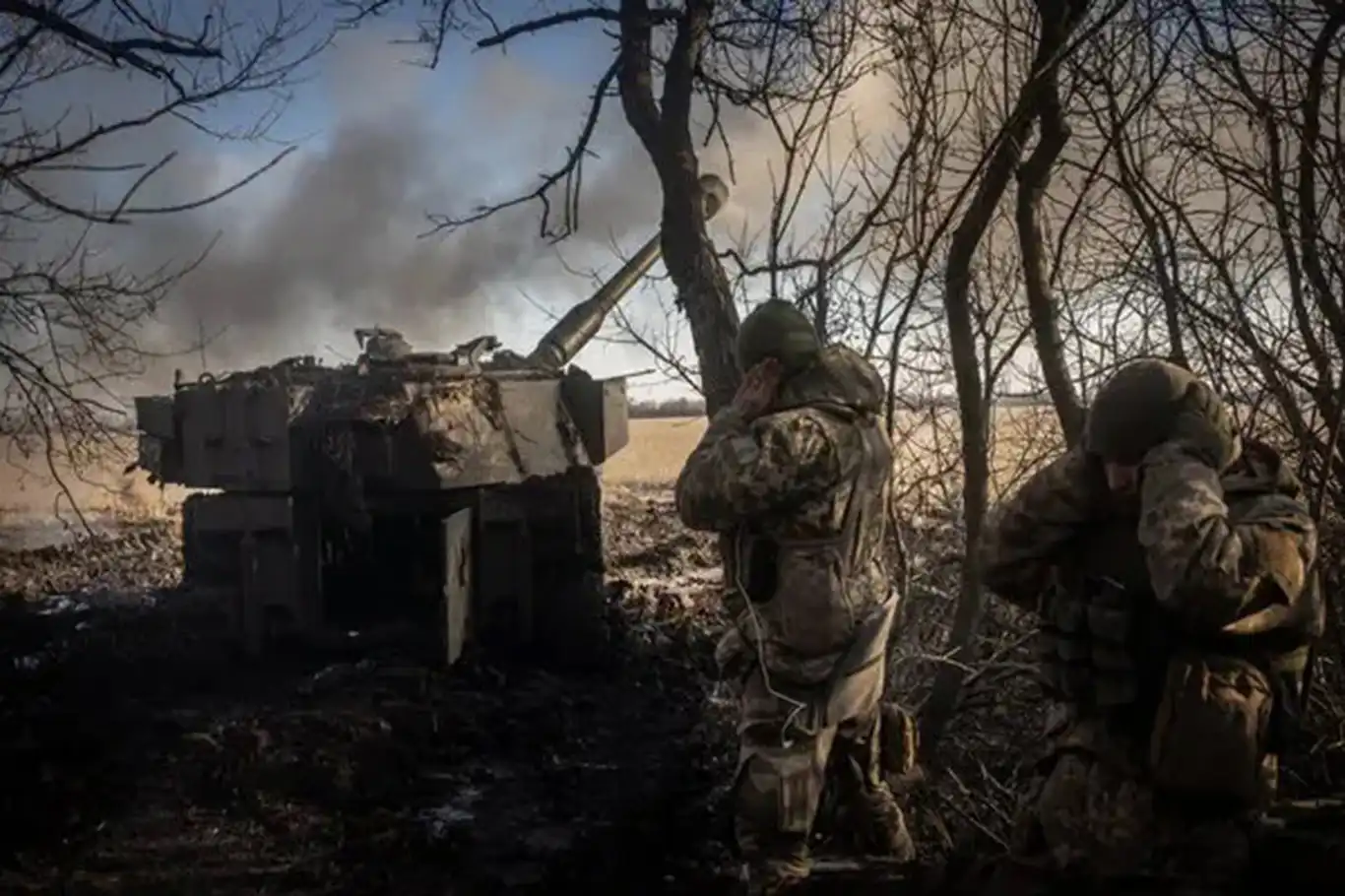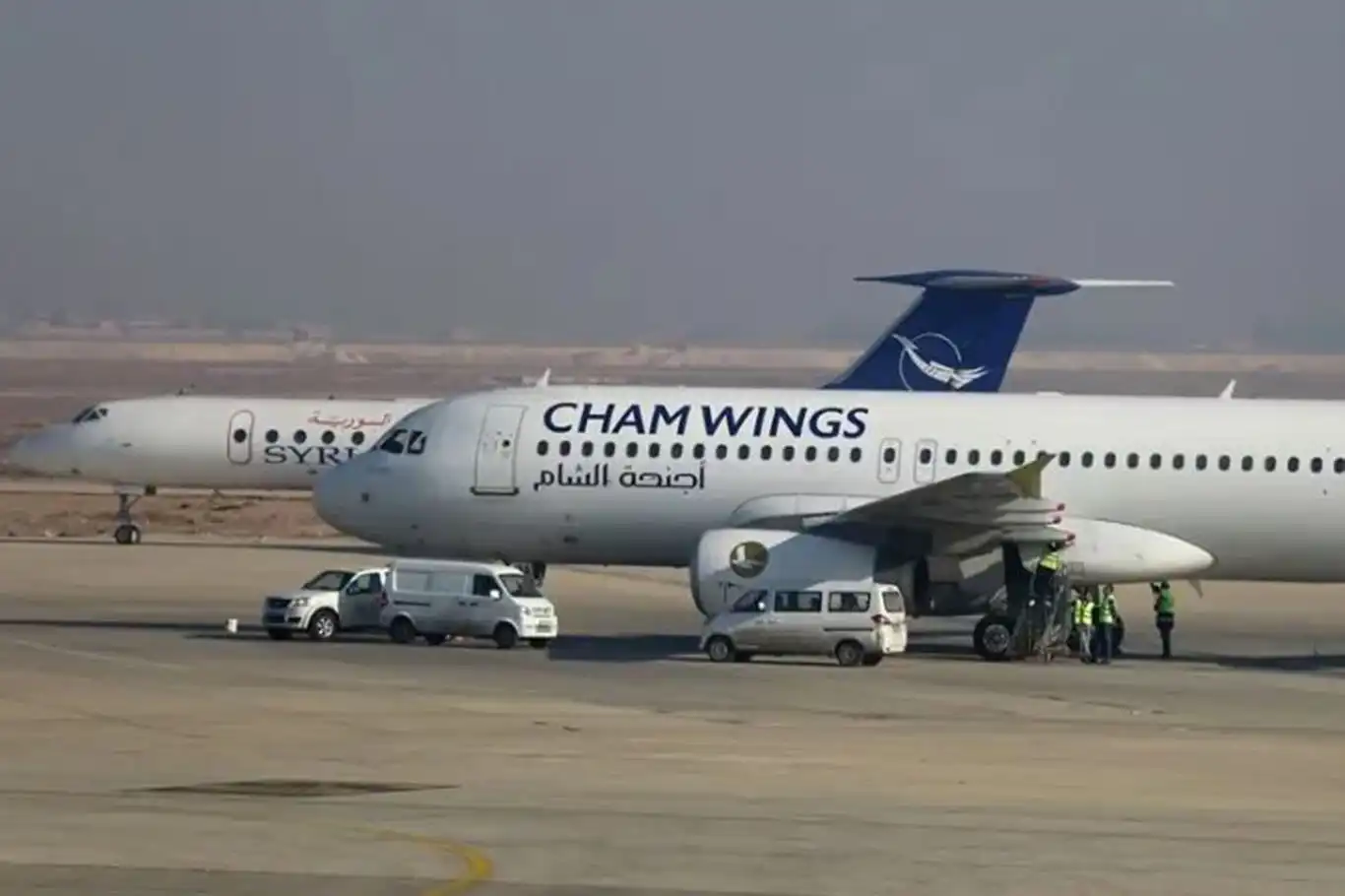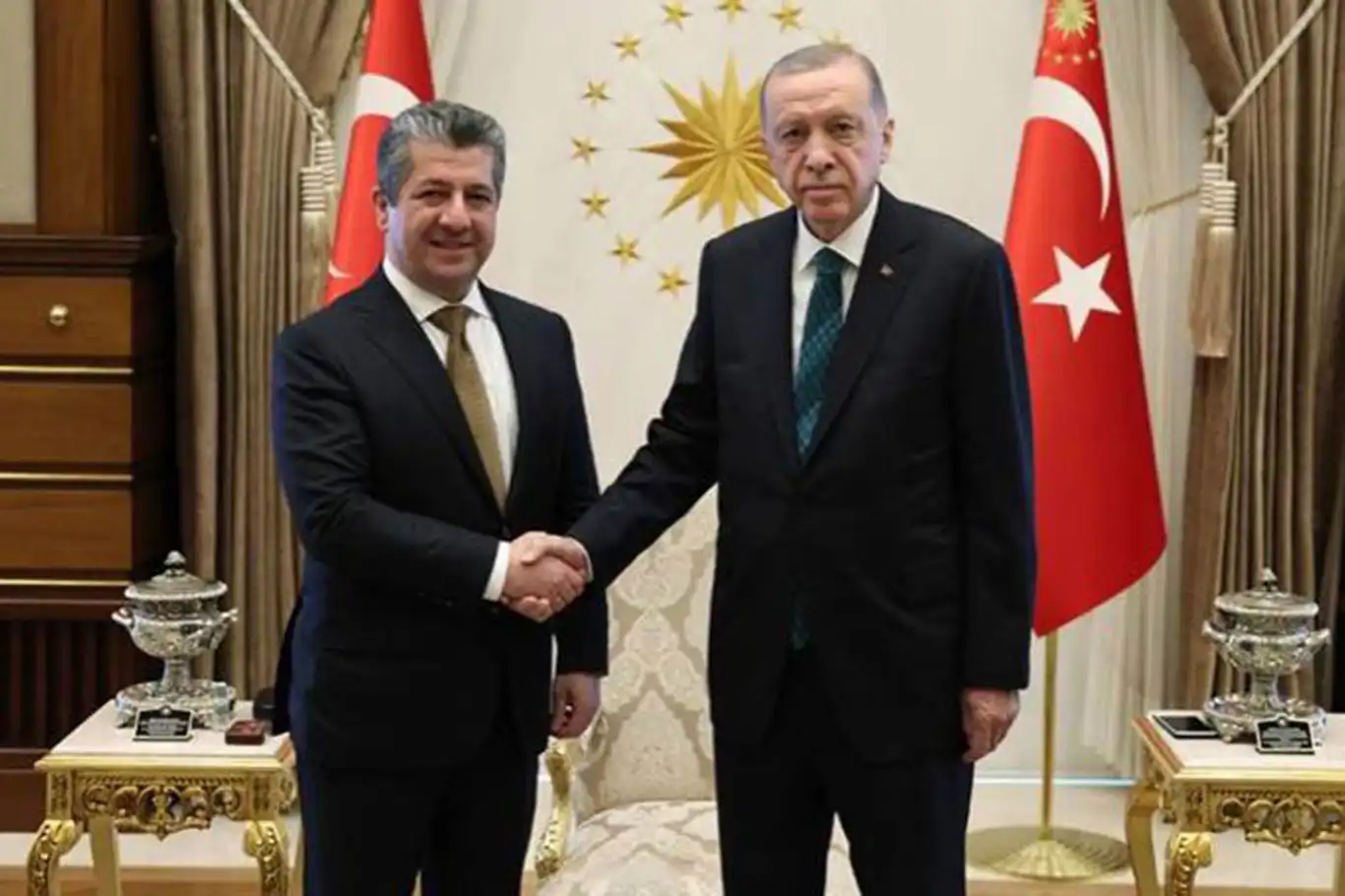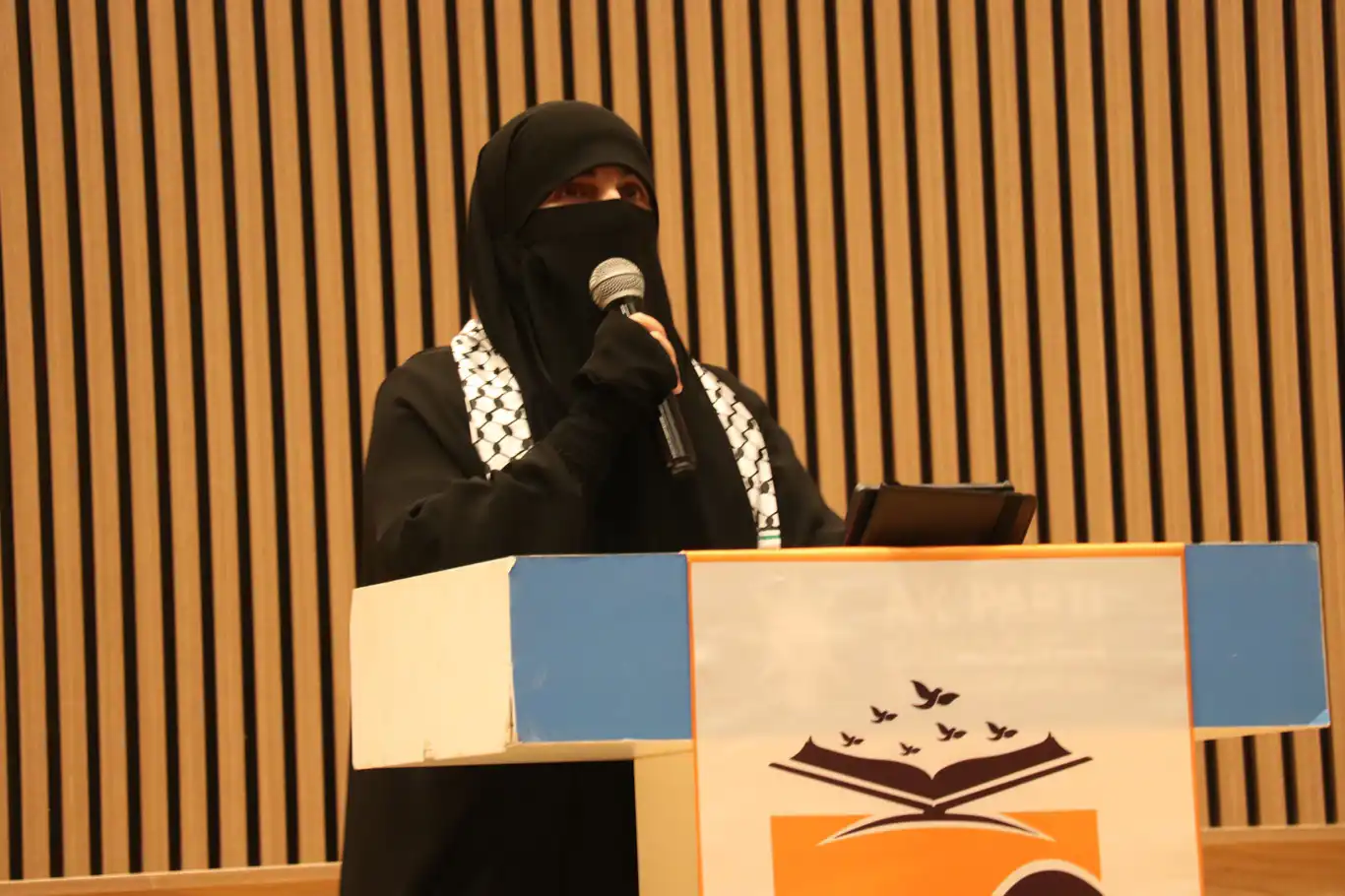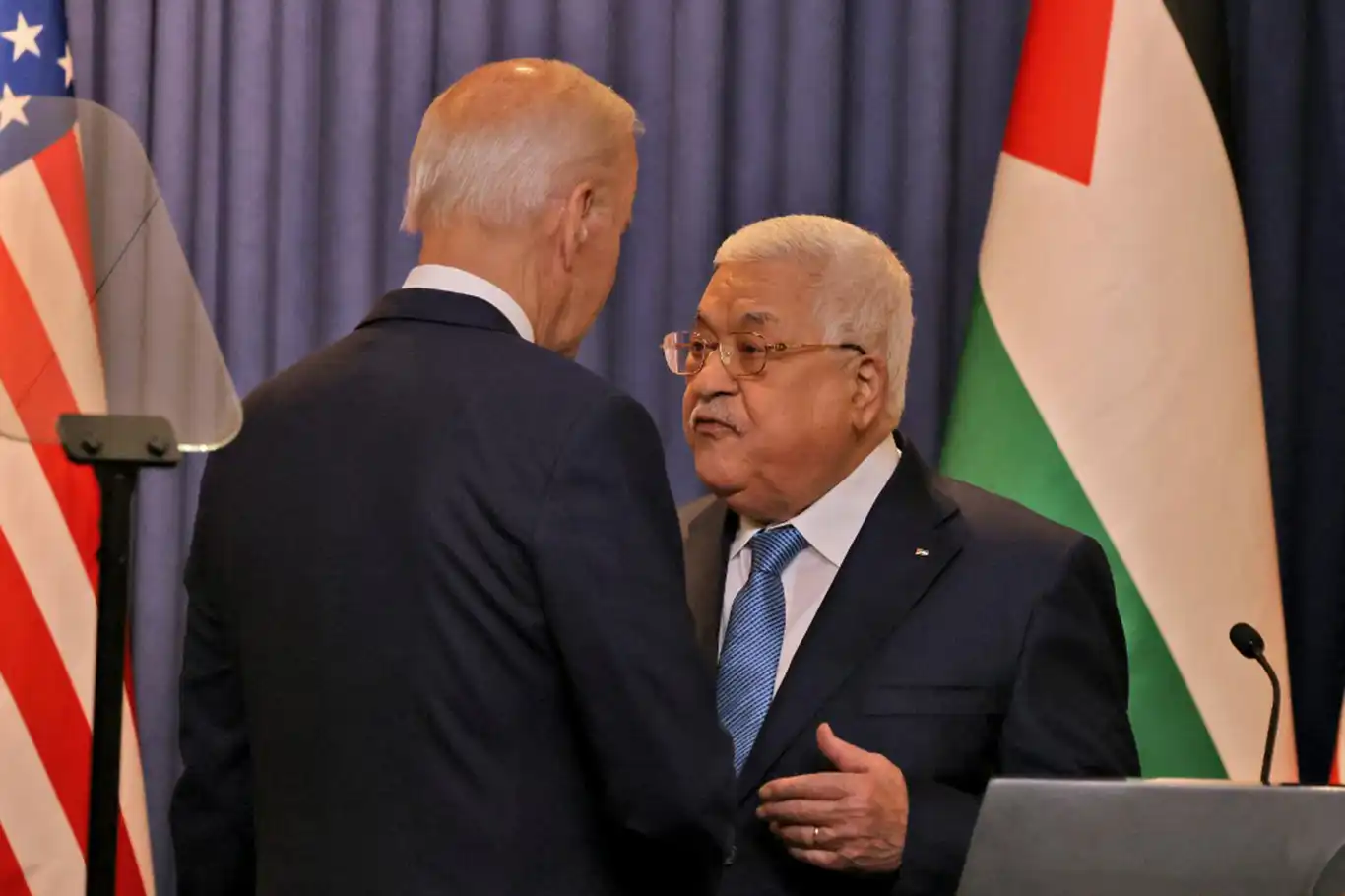Wagner mercenary group enters Russian city
Yevgeny Prigozhin, the head of Russia's notorious Wagner mercenary group, has issued a strong declaration, pledging to go all the way in removing Russia's military leadership.

 Google News'te Doğruhaber'e abone olun.
Google News'te Doğruhaber'e abone olun. This comes shortly after the Kremlin accused Prigozhin of engaging in armed rebellion.
In a statement, Prigozhin revealed that his Wagner fighters have crossed the border from Ukraine into Russia, specifically entering the city of Rostov-on-Don. He warned that anyone obstructing their path would be eliminated.
Authorities in the region responded by urging citizens to remain calm and stay indoors. Prigozhin further alleged that his forces successfully shot down a Russian military helicopter that had purportedly fired upon a civilian convoy. However, the veracity of this claim remains unverified as no specific location was provided.
The escalating tensions between Prigozhin and Russia's military leadership stem from their divergent approaches to the ongoing conflict. Prigozhin has been openly criticizing Russia's military leadership in recent months.
On Friday, the leader of the Wagner mercenary group accused the military of launching a deadly missile strike on his troops and vowed retaliation. However, no evidence was presented to substantiate the claim. Authorities have refuted these allegations and demanded that Prigozhin cease his illegal actions.
The Wagner Group, founded by former Russian military intelligence officer Dmitry Utkin, has gained significant prominence as a Russian private military company (PMC). Financed by businessman Yevgeny Prigozhin, who has close ties to the Kremlin, the Wagner Group has operated as a proxy force for Russia in various global conflicts. Its fighters have been deployed in Ukraine, Syria, Libya, Sudan, and other volatile regions, often alongside regular Russian forces.
The group has faced numerous controversies and allegations of human rights abuses. Reports have emerged of their involvement in extrajudicial killings, torture, and activities aimed at destabilization. International organizations and governments have criticized the Wagner Group for its lack of transparency and accountability.
While maintaining close ties to the Russian government, the Wagner Group's existence and operations remain shrouded in secrecy. Despite evidence to the contrary, Russian authorities officially deny any formal relationship with the group and classify its members as "volunteers" rather than mercenaries. (ILKHA)





























